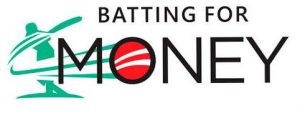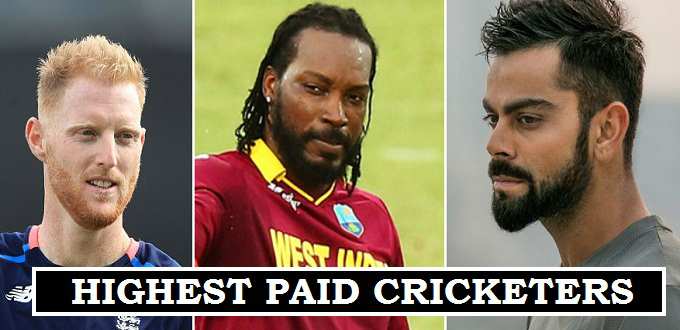Most professional athletes, in this case cricketers, should have a financial plan. It will provide a general road map and a transpiring guide of how your money flows and where it goes.
The amount of playing time a young cricketer will have depends on many factors like skill level, where you play and the kind of contracts you are able to secure during your top form playing years. The pursuit of financial independence will have to be revised many times as the unique lifestyle, income situation and residential circumstances of a professional athlete change.
 You will have to be cognisant of your salary income and have a cash management system to help you budget, spend, save and invest concurrently. Since you will have a life outside your professional sport of
You will have to be cognisant of your salary income and have a cash management system to help you budget, spend, save and invest concurrently. Since you will have a life outside your professional sport of
Cricket, it is important you put aside meaningful investments for the transitional years ahead when your career is over, and you willingly put away the bat and gloves, so to speak. You will transition some of your earnings during your most productive years, and hence highest earning contract years, to some retirement investments for your future.
In professional sports, your career isn’t going to be very long, perhaps eight to twelve years. You have to realize that you need to contrast that to someone working 30 to 40 years. You need to take those compressed working years and plan for it to last 40 to 50 years. Athletes will earn the most money early in their career. Instead of earning more as you age, it’s usually the reverse. This is known as the reverse
earning curve, as professional athletes earn the most money at a younger age, when you have limited real-life experience to rely on when making financial decisions.
There have been numerous headlines about athletes and celebrities who mismanage their finances and blow through millions of dollars:“60% of NBA players go broke within five years of departing the league” – Toronto Star, 2008
“78% of former NFL players experience financial distress two years after retirement” – Sports Illustrated, 2009
It’s your money – own it. The simple truth is, you won’t have the opportunity to make money like this
again.
“What kind of investment program is appropriate?” is a question on everyone’s mind.
It depends on where you are in your career, your financial goals and the type of contracts you have – all of these will factor in and influence the asset mix, investment selection and time horizon considerations. The key is to be mindful of your money and your earning potential; not to overextend or overspend yourself.
The big money contract does not last forever. You have to be smart, stick to a budget, and plan for the future. The quality of your future depends on the choices and decisions you make during those peak earning periods and how wisely you invest.
Keybase Financial Group Inc. is a member of the Mutual Fund Dealers Association of Canada and the
M F DA I n v e s t o r P r o t e c t i o n Corporation (the “IPC”). Keybase is registered with all provincial
securities commissions for the exclusive sale of mutual funds and exempt market products, such as:
P r i n c i p a l P r o t e c t e d N o t e s , Alternative Strategies Funds and Hedge Funds.

